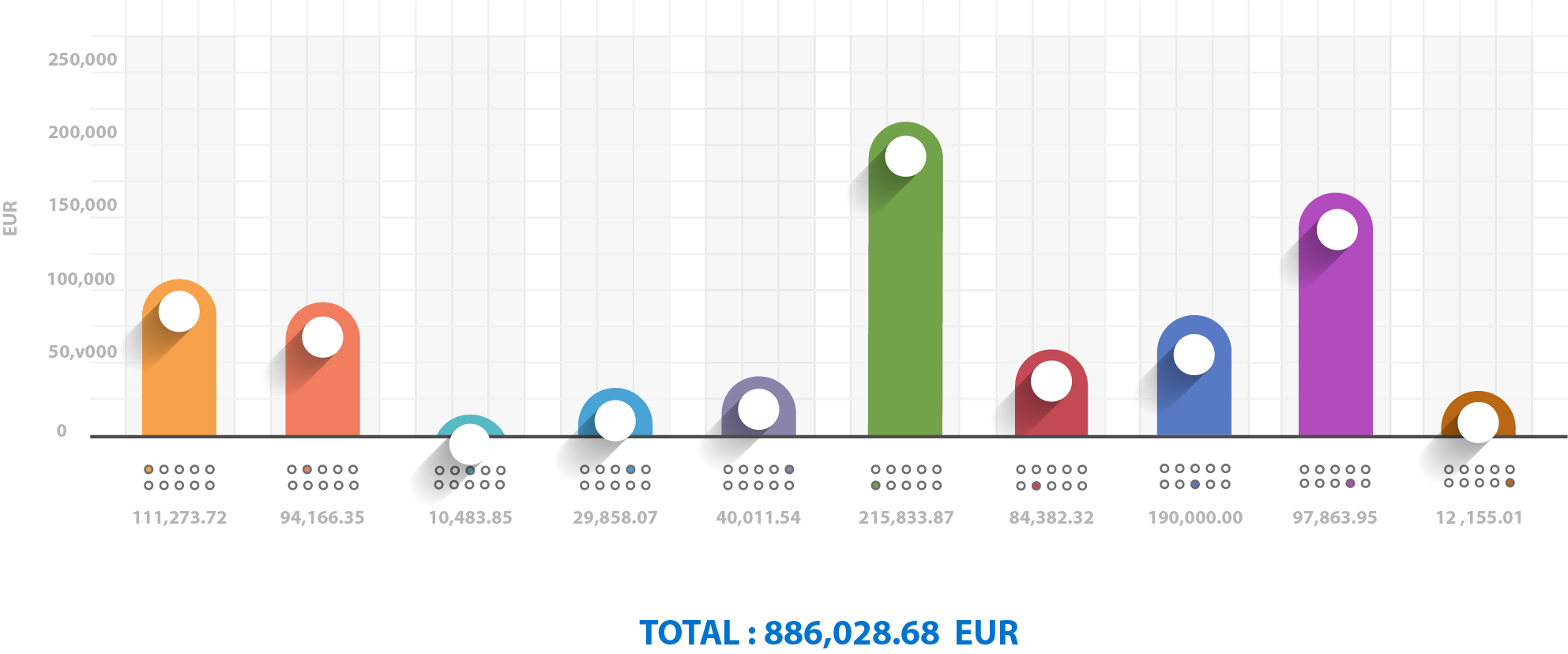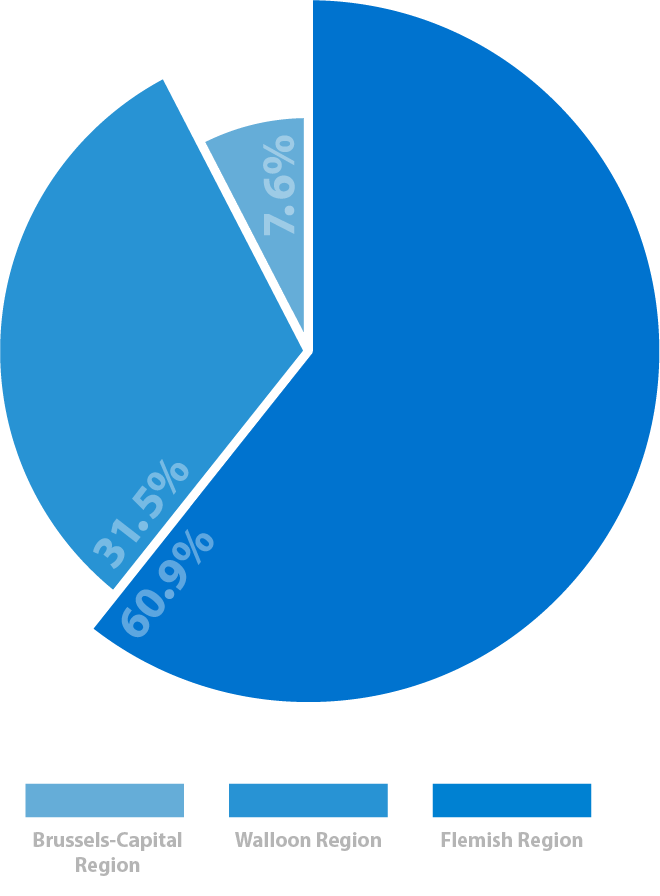1. Operation of the Interregional
1.1 The tasks of the IRPC
The tasks of the IRPC include the following:
- Monitoring whether companies (parties responsible for packaging, aka “responsible companies”) and accredited compliance organisations are fulfilling their reporting and take-back (i.e. recycling and recovery) obligations.
- Checking the way in which the responsible companies and accredited compliance organisations meet their statutory recycling and recovery targets.
- Approving or rejecting prevention plans of companies (responsible companies).
- Granting or refusing accreditation to the organisations responsible for promoting, coordinating and financing the selective collection, recycling and recovery of packaging waste.
- Assisting and advising the Regional governments, for example by creating consultative forums, providing logistical support or proposing legislative amendments.
- Conducting or commissioning studies and research into the management and prevention of packaging waste.
- Processing notifications in order to issue approval for planned shipments of waste that does not originate from Belgium and will not be treated there either. Additionally, processing individual shipment notifications relating to an approved notification.
The next few years will be challenging for the IRPC.
The new EPR and Litter Cooperation Agreement will fundamentally change our tasks and the way we operate. We will even change our name to the “Interregional EPR Commission”. The IRPC’s new tasks cannot be carried out with the current number of staff. Additional staff must therefore be recruited as a matter of urgency. To quantify the requirements, the IRPC initiated a staff audit in 2022.
The European Commission has drawn up a draft Packaging Regulation to replace Packaging Directive 94/62/EC. This text has a huge impact on Belgian packaging waste legislation. The chosen instrument, a Regulation, is directly applicable to European companies, leaving no room for national legislation.
The new Fost Plus accreditation will also take up a lot of our energy in 2023. Meanwhile, there is an ongoing social and political debate on the introduction of a deposit on beverage packaging. This debate will obviously have massive implications for the accreditation application.
1.2 The composition of the IRPCC
The composition of the decision-making body in 2022:
Flemish Region
| Full members | Alternate members |
| Ann De Boeck | Luc Goeteyn |
| Nick Vliegen | Roeland Bracke |
| Anneleen De Wachter (Chair since 05/03/2022) |
John Wante/Christof Delatter(1) |
(1) Mr Wante was replaced as alternate member by Mr Delatter on 11 March 2022.
Brussels-Capital Region
| Full members | Alternate members |
| Marion Courtois | Valérie Verbrugge |
| Céline Schaar | Stéphanie Thomaes |
| Stéphanie Uny | Milan Jousten |
Walloon Region
| Full members | Alternate members |
| Lara Hotyat | Guillaume Lepère |
| Vincent Brahy | Marie-Hélène Lahaye |
| Martine Gillet (Chair until 04/03/2022) |
Jean-Yves Mercier |
The organisational structure of the Permanent Secretariat in 2022:
At the end of 2022, the Permanent Secretariat had a total of 16 members of staff.
1.4 The Extended Producer Responsibility Interregional Platform (EPRIP)
The IRPC acts as secretariat for the Extended Producer Responsibility Interregional Platform, which was created in 2009 with the aim of developing a common understanding on extended producer responsibility (EPR).
The EPRIP is working hard on preparing a new EPR and Litter Cooperation Agreement. On the one hand, this agreement aims to create an interregional framework for dealing with streams other than packaging waste that are subject to the principle of extended producer responsibility (EPR). On the other hand, it seeks to pass on the costs of litter to those who cause these waste streams.
This new Cooperation Agreement will incorporate the EPRIP into the IRPC, creating the new “Interregional EPR Commission”, emerged with two sections: the “decision-making body packaging” on the one hand and the “decision-making body EPR” on the other hand.


